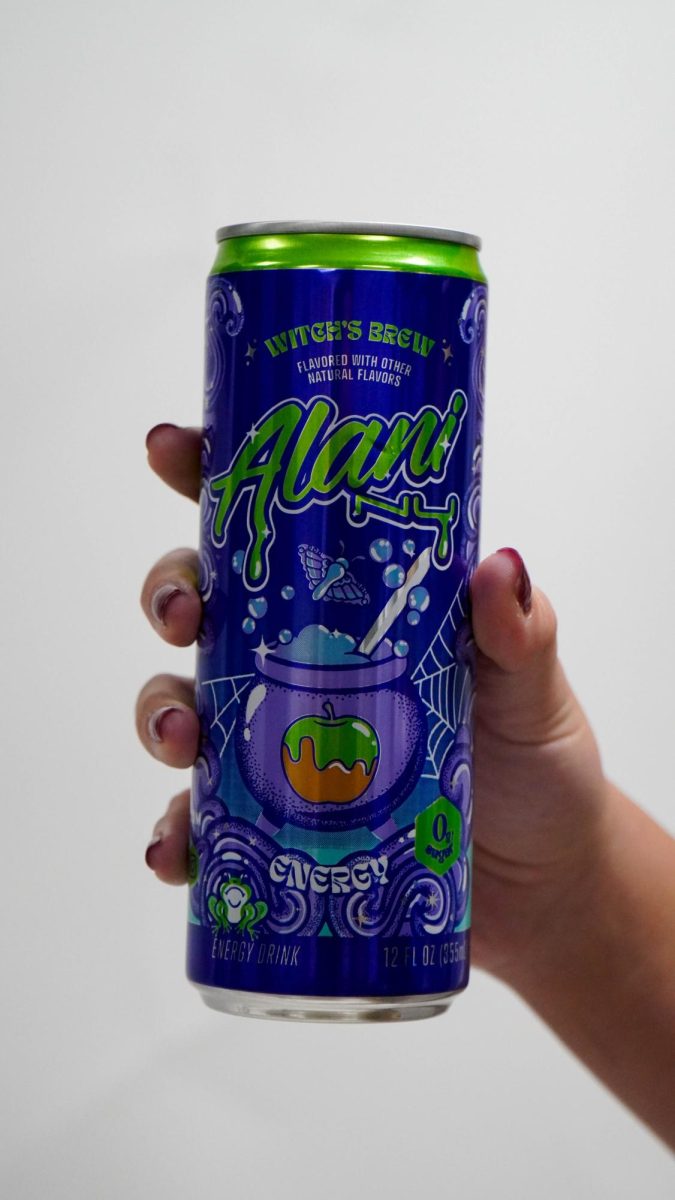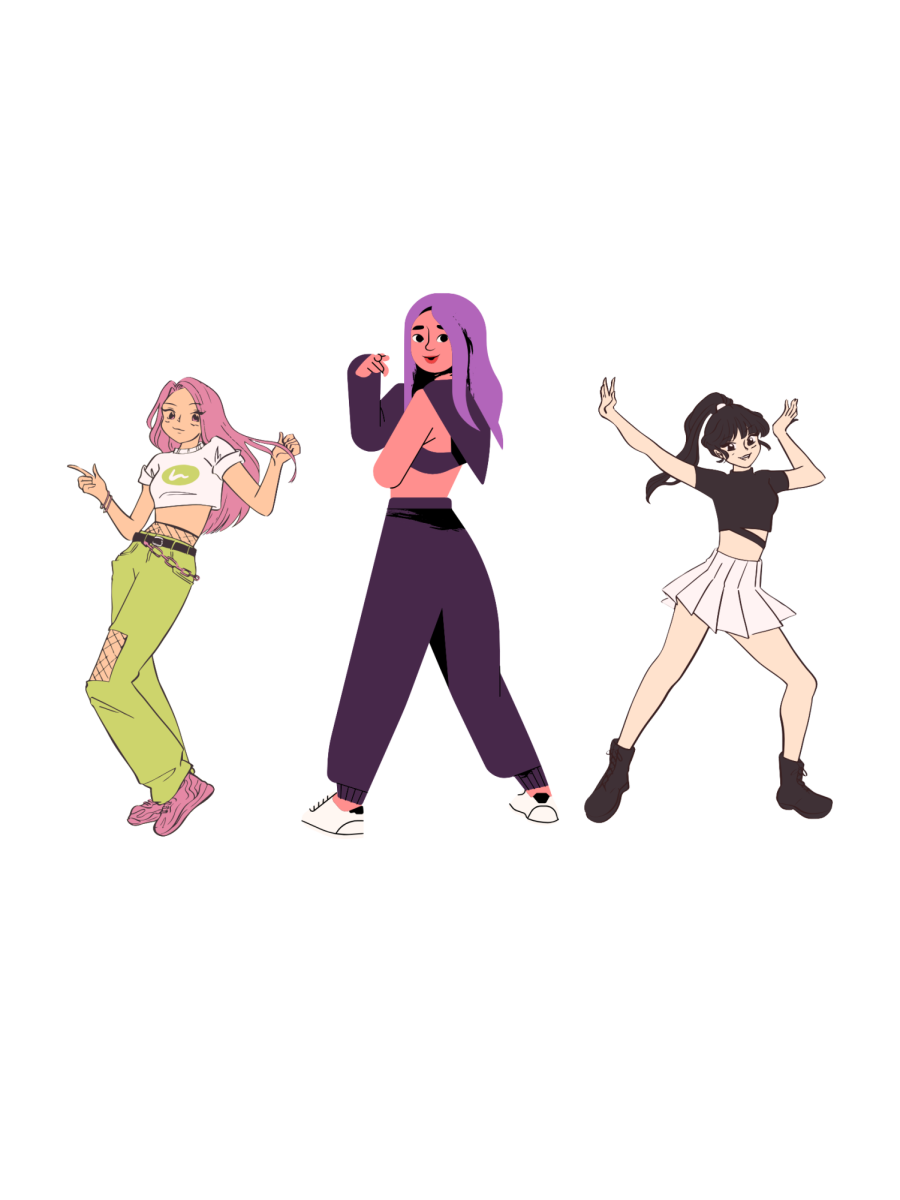In a world defined by rapid technological advancements and evolving trends, nostalgia is making a big comeback in the lives of students, particularly among Generation Z. From rediscovering childhood hobbies to embracing vintage fashion and falling in love with classic movies, nostalgia has become the number one trend in all aspects of society. Junior Addison Burgos is passionate about the topic of nostalgia on Gen Z, and has her own input on the impact of nostalgia.
“I feel like nostalgia always plays an important part in things like cultural identity and kind of how people align themselves within a culture,” Burgos said.
From digital screens to vintage scenes
Gen Z grew up in a digital age where touchscreens and virtual realities were the norm. Yet they find themselves irresistibly drawn to the world of their parents and even grandparents. Vinyl records, retro video games, and vintage fashion are making a comeback among high schoolers.
One of the most intriguing aspects of Gen Z’s nostalgia is how they’re using it as a source of inspiration for their own creative endeavors. Many young artists, writers, and designers are drawing from the past to create something new and uniquely contemporary. Olivia Rodrigo’s new album, “GUTS”, focuses on the past jitters of an ex-boyfriend. Rolling Stone magazine has deemed the album “another instant classic,” as the genre of her music transitions from teenage pop to rock, making an ambitious reference to the early 2000s.
Fashion Flashback
Growing up in the digital age of constantly changing trends, nostalgia is certainly a factor in Gen Z’s relationship with fashion. The resurgence of vintage fashion from earlier decades, particularly the 1990s and the early 2000s, is one notable aspect of this nostalgia. Baggy jeans, oversized flannel shirts, claw clips, crop tops, and chunky sneakers are just a few examples of nostalgic pieces of clothing from these decades that have returned as essentials in Gen Z wardrobes. Psychology teacher Michael Brown isn’t used to this trend of fashion with his students.
“It feels like the 90s,” Brown said. “I think it’s somewhat common, like it’s cyclical. It’s weird. I’m not used to the decade I grew up in being a thing that’s coming back. It makes me feel older.”
Nostalgic Entertainment
The entertainment industry has also felt the reverberations of this nostalgia resurgence.With remakes like “Top Gun: Maverick” and cult classics like “Clueless” bursting onto the scene, Gen Z is rediscovering classic movies, TV shows, and music from the past. Streaming platforms and YouTube have made it easier than ever to access these older movies, giving young viewers a glimpse into the pop culture of earlier decades. Burgos feels that Pirates of the Caribbean and Star Wars are the movies she grew up on, and she feels a sense of familiarity when it comes to the films.
“I feel like part of it has to do with the increase in technology, and the spread of information,” Burgos said. “Older media is a lot more accessible to us. Because of the widespread technology that we have, it’s a lot easier to connect to a movie from the past such as Top Gun. And that provides an easier way to create new content off of that.”
Connecting through nostalgia
Nostalgia also serves as a sense of community for Gen Z. They use shared nostalgic interests to connect with others, bridging generational gaps and forging connections with older family members. This sharing creates moments of unity and understanding as Gen Z explores the interests, music and movies that their parents and grandparents once cherished.
“Nostalgia provides a sense of community within a generation, and it gives something to another generation,” Burgos said. “Being able to have that shared feeling and histology gives generations more meaning together.”
Why nostalgia now?
The fast pace of technological advancement has left many young people looking for a simpler, safer era. The power of social media has made it easier for Gen Z to discover, share, and celebrate their nostalgic interests with peers. Even the ongoing global challenges, including the COVID-19 pandemic, may be prompting young people to seek comfort and stability in the familiarity of nostalgia.
“I feel like nostalgia and the knowledge of things kind of provide this sense of familiarity because there’s always that longing when things were simpler in your childhood,” Burgos said. “A lot of times people wish to reminisce about the good old days and have something that’s nostalgic and provides a sense of comfort.
















